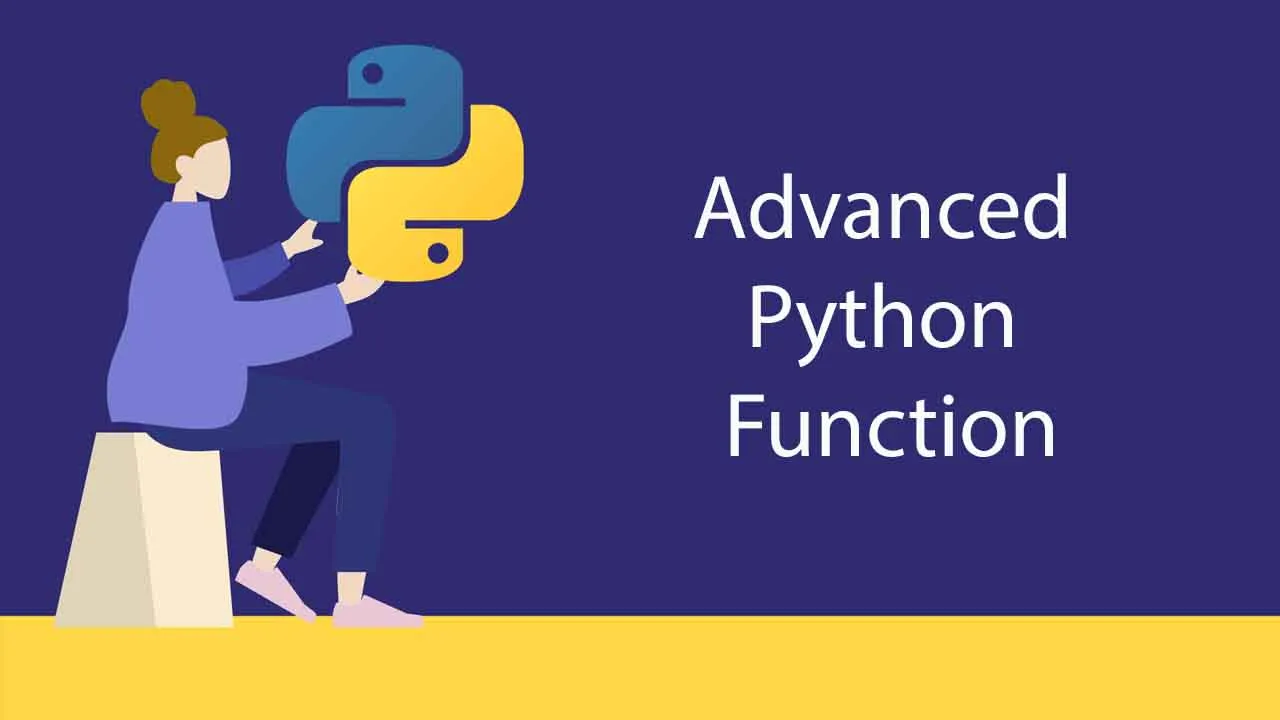If your program is a factory, functions are its workers that maneuver the machinery to make your program run. In a typical factory, there are different types of workers tasked with varied jobs. Correspondingly, your program should be versatile in terms of its functions. To write robust functions, your coding arsenal should include the necessary tools to allow you to equip your program with the best workers.
In this article, I’d like to explain five advanced concepts related to functions in Python. Before we start the discussion, let’s assume that we understand the basic form of Python functions as annotated in the code snippet below:
>>> # Define a function to calculate the mean using the def keyword
>>> def calculate_mean(numbers):
... # Takes a list of integers
... number_sum = sum(numbers)
... number_count = len(numbers)
... number_mean = number_sum / number_count
... # return the calculated mean of the list of integers
... print(f"The mean of {numbers} is {number_mean}.")
... return number_mean
...
>>> # Use the function
>>> calculate_mean([1, 2, 3, 4])
The mean of [1, 2, 3, 4] is 2.5.
2.5
#python #technology #artificial-intelligence

2.50 GEEK